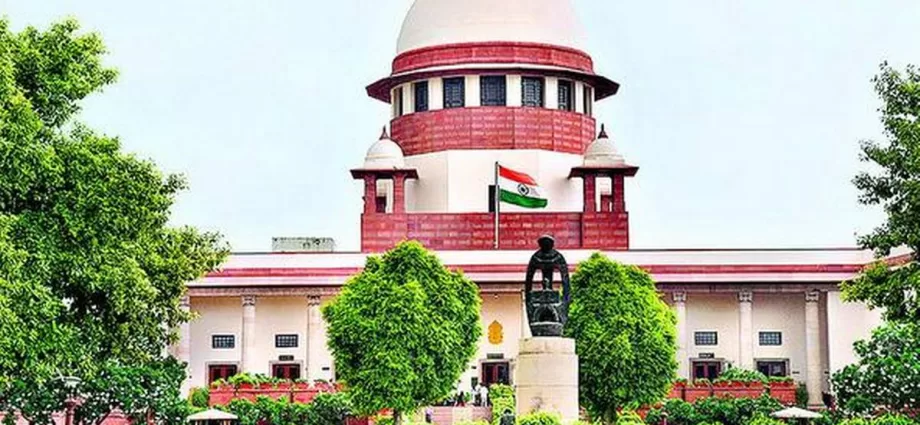Patanjali is widely revered as one of the most significant figures in the history of yoga and Indian philosophy. His teachings, particularly the Yoga Sutras, continue to be studied, interpreted, and practiced by millions of people across the country. Many yoga schools and ashrams in India trace their lineage back to Patanjali, and his principles are integrated into various aspects of Indian culture, spirituality, and wellness practices. Additionally, there is a popular brand called “Patanjali Ayurved” founded by Baba Ramdev, which produces a wide range of Ayurvedic products including food, cosmetics, and healthcare items, inspired by traditional Ayurvedic principles and teachings.
The recent ban imposed by the Supreme Court on Patanjali Ayurved for publishing misleading advertisements is a significant development in the ongoing battle against false medical claims. The apex court’s decision came after Patanjali continued to violate its assurance of refraining from making statements attacking allopathic medicine. Despite previous warnings, Patanjali persisted in publishing ads that denigrated allopathy and spread misinformation about modern medicine, contributing to vaccine hesitancy during the pandemic.
The Indian Medical Association (IMA) played a crucial role in bringing this issue to light by filing a petition against Patanjali’s misleading advertisements. The IMA accused Patanjali of violating the Drugs & Other Magical Remedies Act, 1954, and the Consumer Protection Act, 2019, by making false claims about the efficacy of its products. Patanjali’s disregard for the Memorandum of Understanding signed between the Ministry of AYUSH and the Advertising Standards Council of India further highlights its blatant disregard for regulations and standards.
The Supreme Court’s decision reflects a growing concern over the proliferation of misleading advertisements in the healthcare sector. By banning Patanjali from marketing its products until further notice, the court sends a strong message that companies cannot manipulate public opinion with false claims about their products’ efficacy. This move is essential for protecting consumers from falling prey to deceptive marketing practices and ensuring that they have access to accurate information about healthcare products and treatments.
However, some may argue that the ban on Patanjali’s products could have unintended consequences, such as limiting access to alternative medicine for those who believe in its efficacy. Additionally, the effectiveness of the ban depends on its enforcement and the willingness of regulatory authorities to hold companies accountable for their actions. Without stringent enforcement measures, companies may continue to flout regulations and mislead consumers with impunity.
Overall, the Supreme Court’s decision to ban Patanjali from marketing its products serves as a significant step towards curbing misleading advertisements in the healthcare sector. However, it also underscores the need for stronger regulatory oversight and enforcement to ensure that companies comply with established standards and prioritize consumer safety and well-being.
This article has been contributed to Discover East by Ashmita Nandi

